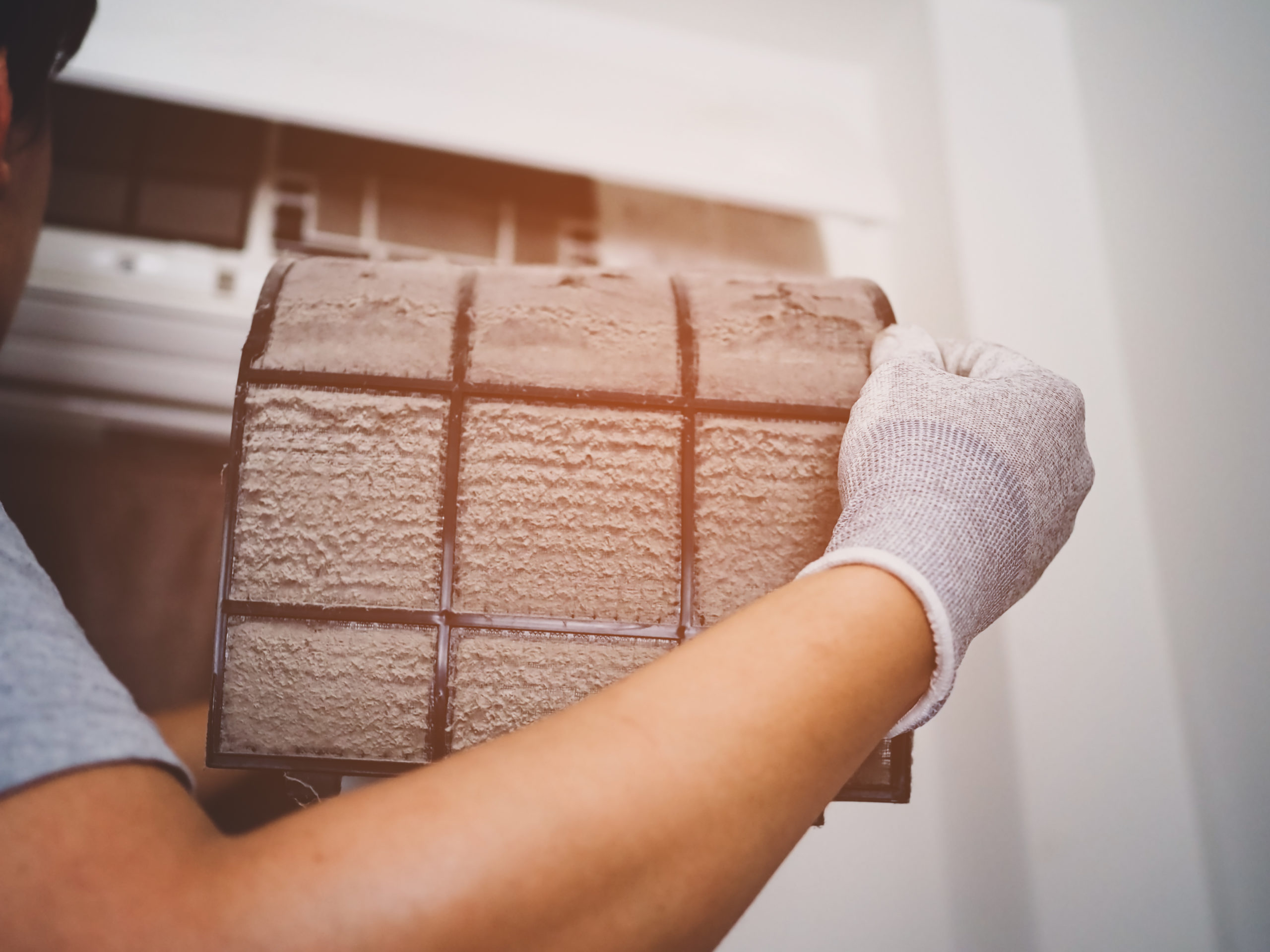The home’s heating, ventilation, and air conditioning (HVAC) system significantly contributes to your family’s comfort. Without it, you can’t stay cold during summer nights and vice versa. We offer expert Las Cruces air conditioner repair services to keep your system running smoothly and efficiently.
That being said, it’s essential to keep the system working well. The industry estimates that an HVAC system lasts anywhere from 10 to 15 years, depending on its use and maintenance. Ideally, annual maintenance checks are a must to increase its lifespan.
HVAC Professionals from CW Service Pros can check the system for minor issues to prevent costly repairs down the road. In the meantime, homeowners can perform these minor maintenance fixes to ensure your unit will stand the test of time.
This is a great option if you are looking for used aircon servicing specialists in Singapore.
1. Learn The Basics Of Your HVAC System
Homeowners can perform minor HVAC maintenance works while waiting for an annual check-up. To this end, it’s essential to know the basics of the unit and how it works.
As a homeowner and client, you may ask the technician some questions and read the user’s manual for correct operation information. Knowing these things can give you the confidence to maintain it properly, determine potential issues, and know when to call professionals for help.
Here are the primary components of an HVAC system:
- Heating: The furnace, supply vents, and return and exhaust outlets are the primary components that make HVAC’s heating function possible. At the heart of it is the furnace, which heats the air and spreads it in your entire property through the ducts, where cold air also passes when using an AC.
- Air Conditioning: Your home’s cooling system comprises the compressor, condenser, evaporator, air handler, and blowing unit. An air conditioning system works by sucking out warm air and distributing cool air throughout your living spaces through the ducts. Your outdoor HVAC unit, often called the condenser, is responsible for dispersing warm air outside to keep you cool.
- Ventilation: The system also allows for proper air circulation to enhance your property’s ventilation system. Different parts, such as air vents, handlers, blowers, and ducts, work together to maintain indoor air quality. Air filters can also help keep contaminants away.
Modern HVAC systems have manual or automatic built-in thermostats to maintain the best temperatures.
2. Regularly Clean The Unit
Accumulated dust can clog your air filters and push your unit to work doubly hard, leading to hefty electricity bills. A dirty HVAC unit can also negatively impact your indoor air quality.
To ensure that your family stays safe, you may take the following steps:
- Change the air filter: Doing so can also prevent your unit from working hard, helping reduce your power bills. Additionally, you must wipe off accumulated dust around these parts.
- Remove obstructions around the outdoor AC: When left unattended, these types of debris may cause significant damage to your unit. Experts recommend homeowners leave at least one foot of clearance between their compressors and plants.
- Clean the drain lines and coils: When the condensate drain line is clogged, your HVAC system will experience performance (or non-performance) issues. The same holds for evaporator coils. When the latter is blocked, your HVAC system might fail to turn on.
3. Know The Warning Signs
Contact your HVAC technician immediately if you experience problems like funky smells, weird noises, and light debris floating through the air.
One of the most overlooked maintenance tips for HVAC owners is taking care of potential leaks. If the air escapes quickly around the HVAC unit, it can result in a dramatic power bill spike and reduced comfort. To avoid experiencing either or both, check the system for air and water leaks.
Caulk your windows, and install or replace the weatherstripping, if necessary. Also, seal the home to avoid drafts in and around your chimney, attic, basement, and other home openings. Don’t forget to check the air ducts to ensure that your heating and cooling systems are in tiptop shape.
4. Find Out The Common HVAC Operation Myths
Not all homeowners know the proper ways to operate and maintain their units. Some may even have questionable practices that endanger an HVAC’s lifespan. You can find a few of the most common myths below.
- Closing the air vents can reduce your bills: Doing so can force your system to work harder, reducing your unit’s capacity and performance. Closing the air vents can also encourage air leaks in the ductwork.
- A digitally-operated thermostat has the same effect: This advanced feature can help optimize your system’s performance and help extend its lifespan.
5. Book An Annual Tune-Up Service
Hiring your contractors for annual maintenance services can save you from significant repair costs down the road. Tune-up service is better than maintenance work because the technician will thoroughly inspect the primary HVAC components and ensure they function well. Tune-ups help professionals spot issues early on and prevent them from getting out of hand.
Conclusion
Significant HVAC works, like installation, repair, and replacement, are best left to professionals. But, homeowners can do their share by performing the tips mentioned above. Minor maintenance works, like cleaning and sealing, can help improve an HVAC system’s performance. Learning to operate the system correctly and seeking professional help when needed can also extend its lifespan.


